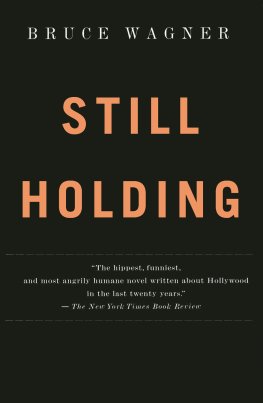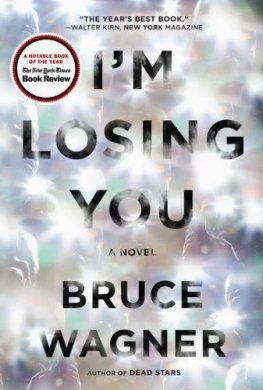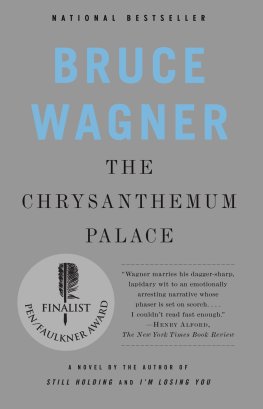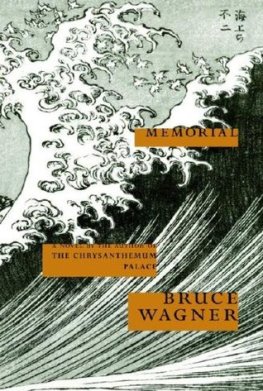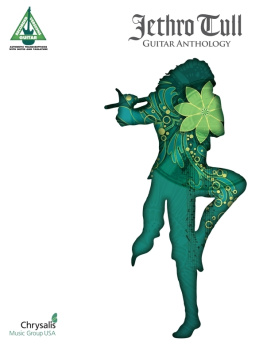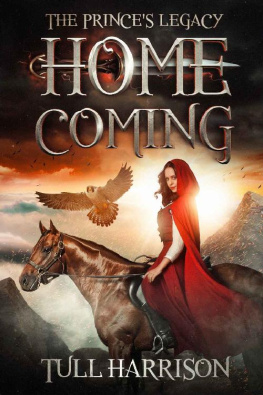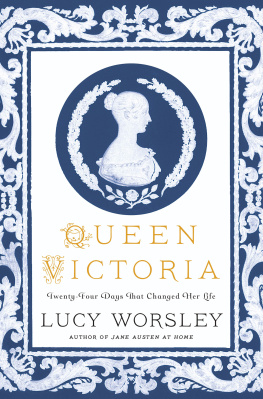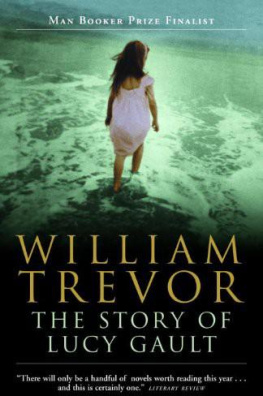Bruce Wagner
I'll Let You Go
Warning to Children
Children, if you dare to think
Of the greatness, rareness, muchness,
Fewness of this precious only
Endless world in which you say
You live, you think of things like this:
Blocks of slate enclosing dappled
Red and green, enclosing tawny
Yellow nets, enclosing white
And black acres of dominoes,
Where a neat brown paper parcel
Tempts you to untie the string.
In the parcel a small island,
On the island a large tree,
On the tree a husky fruit.
Strip the husk and pare the rind off:
In the kernel you will see
Blocks of slate enclosed by dappled
Red and green, enclosed by tawny
Yellow nets, enclosed by white
And black acres of dominoes,
Where the same brown paper parcel
Children, leave the string alone!
For who dares undo the parcel
Finds himself at once inside it,
On the island, in the fruit,
Blocks of slate about his head,
Finds himself enclosed by dappled
Green and red, enclosed by yellow
Tawny nets, enclosed by black
And white acres of dominoes,
With the same brown paper parcel
Still unopened on his knee.
And, if he then should dare to think
Of the fewness, muchness, rareness,
Greatness of this endless only
Precious world in which he says
He lives he then unties the string.
Robert Graves
So let me sing of names remembered,
Because they, living not, can neer be dead,
Or long time take their memory quite away
From us poor singers of an empty day.
William Morris (The Earthly Paradise)
The Trotter Family
LOUIS AHERNE TROTTER (the digger), patriarch and benefactor.
BLUEY TWISSELMANN TROTTER, his wife. A socialite.
KATRINA BERENICE TROTTER, their daughter, a designer of gardens.
MARCUS WEINER, her husband.
TOULOUSE (TULL) TROTTER, the offspring of Katrina and Marcus.
DODD TROTTER, son of Louis and Bluey; brother of Katrina. A billionaire like his father.
JOYCE TROTTER, his wife. A philanthropist.
EDWARD AURELIUS TROTTER, their son, a brilliant invalid.
LUCILLE ROSE TROTTER, their daughter. A budding author.
PULLMAN, a Great Dane.
Servants
WINTER, the Trotters longtime nanny and helpmeet.
THE MONASTERIOS:
EPITACIO, EULOGIO, CANDELARIA housemen and housekeeper. They are siblings.
SLING BLADE, a cemetery worker and part-time Trotter family employee.
Other Noteworthy Characters
AMARYLLIS KORNFELD, a homeless orphan.
WILLM AKA TOPSY, an English eccentric. The orphans protector.
SAMSON DOWLING, a detective and Trotter family friend.
JANE SCULL, a deaf and dumb girl.
GEO. FITZSIMMONS, a former caseworker.
The boy took long walks in the countryfied Bel-Air hills with Pullman, the stately Dane ears like membranous tepees, one eye blue, the other a forlorn and bottomless brown, jowls pinkening toward nose, arctic-white coat mottled by torn patches characteristic of the harlequin breed, the whole length of him an inkspot archipelago even though the animal didnt seem particularly fond of such locomotion. Great Danes were majestic that way. They could take their jaunt or leave it.
When people learned what each was named, they usually said the two had it wrong better the noble, gigantine champion to bear the burden of whimsy (Best of Breed to Trotters T. Lautrec) while his master coupled to Pullman, steady, scholard, sleeping car Pullman, nostalgically trestle-trundling under bald hills and starstruck sky, velour shadow of midnight passengers murmuring within. Not that Pullman fit so well for the boy, though it might: twelve-year-old Toulouse was thin and dreamy, with the requisite bedroom eyes. His tousled red hair verged on blood-black, and his skin was so clear that the freckles seemed suddenly evicted, their remains the faintest of blurred constellations.
So: Toulouse etymology unknown. He suspected it had something to do with his dad, as most things cryptic or unspoken usually did. They had christened him Louis, after Grandpa Lou (Mr. Trotter, to the world), and his grandfather was the only one ever to call him that. For all the rest he was Tull. His mother had started it. An abbreviation in his own life, she was a connoisseur of abridgments. Toulouse: the boy always used that name in his head, the way one thinks in a different language. A father tongue.
There are no sidewalks in Bel-Air to speak of, and though his mother, Trinnie, forbade it, the boy and his dog regularly ventured from Grandpas estate on Saint-Cloud Road to walk the musky, sinuous asphalt lanes baked warm as loaves against traffic, so as not to be run down by neighborhood denizens in careering, souped-up Bentleys and polished, high-end SUVs or by celebrity-hunting tourists, who traveled at less speed but were likelier to remain at the scene of an accident. If Pullman was struck, Tull suavely imagined, thered be victims galore. Like plowing into a mule deer.
They always found themselves at the strange house down the hill, on Carcassone Way. Well, from the road there was no house at all, no sign of the living, not even a graveled drive; merely a filigreed gate with the obscure and rusted barely discernible motto LA COLONNE DTRUITE. The entrys metal wings, fastened with a cartoonishly oversize padlock, were under siege by a dusty, haughtily promiscuous creeper, evoking melancholy in the boy the crass finality of a dream foreclosed. They discovered another way in. He rode the dogs back through a desiccated hedge, the scratchy privet andromeda of a once finely pruned wall, until Pullman reached a clearing quiddity of lawn smooth as the brim of some kind of wonderland bowler hat.
Inside, the sudden magical oddness of a centuries-old park. The empty, vaulted space, so queerly public-feeling, was serenely at odds with the neighborhoods proprietary nature. Intersecting rings of a sundial armillary sphere sat atop a pedestal of English portland stone, and though Pullman drew near, it was not to relieve himself. Rather, he became instantly mindful and mannered; each time they broke in, the animal invariably yawned, downplaying his bold, jungly efforts. Tull Trotters heart sped, as it did with any adventure to this meadowy place, dipped as it were in trespassers spice. Mother being a landscape architect of world renown, his catchall mind knew its flora there, in the green all-aloneness, he communed again with the elegantly attenuated pyramid of the Cryptomerias and pines; the billiardist whimsy of great clipped myrtle balls so carefully, carelessly scattered; a cutting shed made of morning glory; the junipers and wisteria that flanked the still, square ponds; then began his saunter toward the ominous alle of flat-topped Irish yews.
He knew where those ancient columned soldiers led.
As he entered, the air chilled and darkened. Pullman had vanished as surely as a magicians offering. Tull walked through a phalanx of sentries until far enough in to see the wild, weird thing, two hundred yards off, set apart on a hillock a stout, ruined column, fluted as Doric columns should be, rent with fissures, at least fifty feet in diameter, proportions suggesting it was all that remained of a temple forty stories tall. Whatever peculiar god had made this base had provided it with crazily bejeweled windows too, oval, square and pentagonal, then snapped the tower off five floors up, where tufted weeds sprang from its serrations like hair from an old mans ear. What could he make of it? The boy had never even gotten close enough to peer in. Now he moved inexorably nearer, at once cool and febrile, the capricious breath of open fields rushing at him like a breezy compress on the forehead during a sickbed hallucination.




